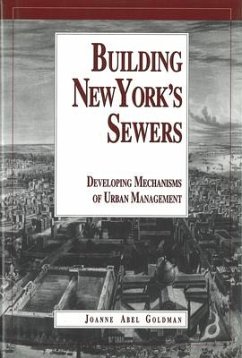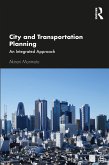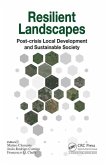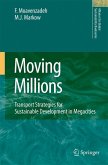Offering a unique perspective on the conditions, constraints, and concerns of city government during the first half of the nineteenth century, Goldman investigates the links between decision making and the contemporary notions on disease, the environment, and city responsibility. As new theories on the transmission of disease heightened concerns over public health and urban sanitation, physicians and professional engineers pressured the city to provide comprehensive sewage facilities. The locally oriented Common Council resisted the effort because it would entail the creation of administrative bodies that would have the authority to make city-wide decisions. In the end, it was only after the state provided sufficient authority, resources, and expert personnel that the city-wide project could be fully realized. In essence, the decision to construct a comprehensive sewer system pitted individual liberty against the common good and politics against science. This history of policy formation is the story of changing values and ideas that can only be understood within the context of the social, economic, political, and intellectual concerns of the nineteenth century. Well researched and written, Goldman's perspective is unique and compelling.
Hinweis: Dieser Artikel kann nur an eine deutsche Lieferadresse ausgeliefert werden.
Hinweis: Dieser Artikel kann nur an eine deutsche Lieferadresse ausgeliefert werden.








